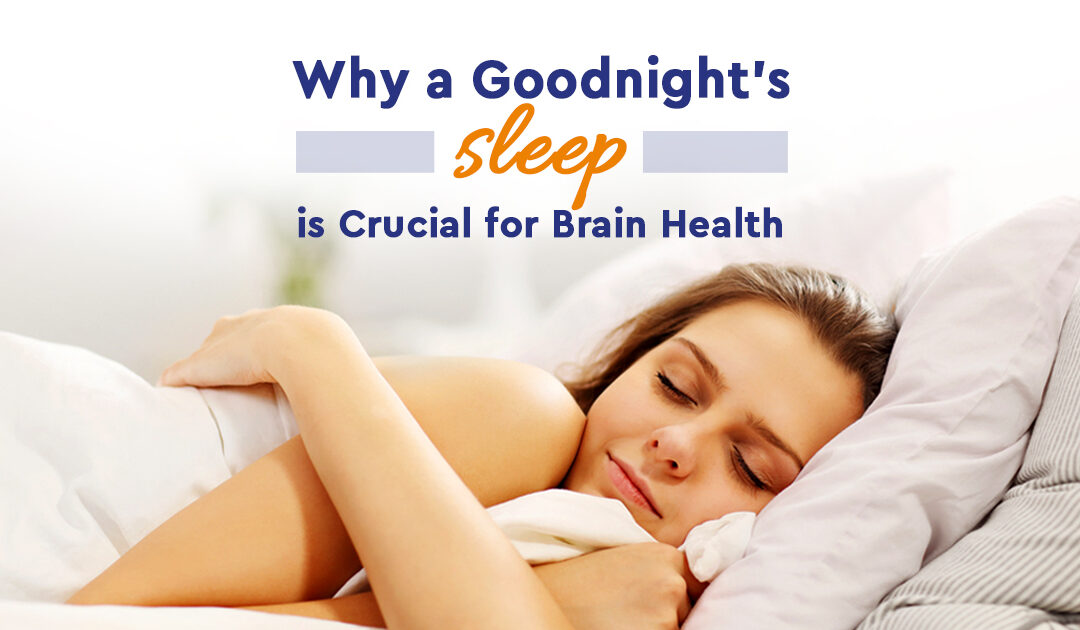After a sleepless night, we’ve all experienced that foggy, sluggish feeling. But being sleep deprived causes more than just fatigue in the morning. Our ability to learn and remember things as well as control our emotions and mood are all negatively impacted by long-term sleep deprivation.
Sleep has different stages during which our brain goes through different stages – Non – REM (Rapid Eye Movement) and REM (Rapid Eye Movement).
- Non-REM Sleep: In non-REM sleep, there is a slowdown in brain activity and four stages of deeper sleep. This phase is critical for the synthesis of growth hormone, tissue healing, and physical restoration.
- REM Sleep: Rapid eye movement, elevated brain activity, and dreaming are the hallmarks of REM sleep. This phase is essential for learning, processing emotions, and consolidating memories.
How much sleep is important?
The ideal amount of sleep can vary, but the following are general guidelines according to the National Sleep Foundation.
- Newborn Babies (0-3 months old) – 14 to 17 hours per day
- Infants (4-12 months old) – 12 to 15 hours per day
- Toddlers (1-2 years old) – 11 to 14 hours per day
- Preschoolers (3-5 years old) – 10 to 13 hours per day
- School-aged children (6-13 years old) – 9 to 11 hours per day
- Teenagers (14-17 years old) – 8 to 10 hours per day
- Adults (18-64 years old) – 7 to 9 hours per day
- Adults (65 years and older) – 7 to 8 hours per day
What is the impact of sleep deprivation on our brain?
- Mood Regulation: Mood regulation is impacted by chronic sleep loss, which increases our vulnerability to stress, anxiety, and sadness.
- Brain Plasticity: The brain’s capacity to change and create new neural connections depends on sleep. We can’t study and develop to the fullest extent possible if we don’t get enough sleep.
- Memory and Learning: Lack of sleep makes it more difficult for us to create long-lasting memories. Older memories grow more brittle and struggle to be encoded with new information.
- Cognitive Function: Lack of sleep impairs concentration, focus, judgment, and problem-solving skills. We grow less adept at understanding complicated ideas and more prone to making mistakes.
- Creativity and Innovation: Lack of sleep inhibits both our creativity and our ability to think creatively and innovatively. These higher-order cognitive processes depend on REM sleep.

